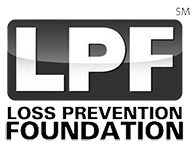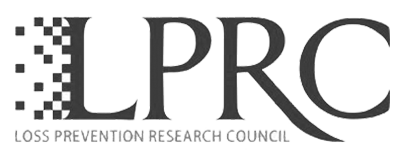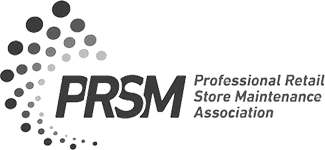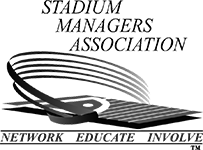
As a commercial facility owner, you must take your property's security seriously. There is no "one-size-fits-all" approach. Every organization has different needs depending on size, the number of facilities, types of potential threats, etc. Maintaining strong physical security practices takes a lot of factors into account, and it's best to be proactive rather than reactive.
When we think about facility security it’s typically connected to protecting the physical structure from intruders. It’s important to also safeguard what’s inside, by having control of who has authorized access to certain areas of the building.
To maintain good physical security, Key Control, is essential for protecting the physical assets in the facility as well as digital assets that contain sensitive information along with the safety of your team members. Here is an overview of how a master key system improves overall commercial security.
Protecting Your Data Centers & Digital Assets
While most companies typically have an online presence, some have aspects of their technology that may not exist solely on the internet. For organizations with servers, technology, or other on-premise hardware that supports operations, it is vital to protect those physical resources. A simple key can keep your data centers secure and limit access only to employees who require frequent entry.
Even if an organization isn't utilizing on-premise environment hosting and relies on virtual servers, protecting your digital assets starts with a physical security foundation. Whether it's a server room or private office space, a wealth of data is available at the in-person locations that support your software and business function. Limiting public and employee access to these vulnerable spaces with key control works to eliminate any security breach that could impact the company.
Protecting Employees and Information
Even organizations that don't have a stock of physical products or in-person customers need to keep employees, offices, and business information secure. While the minutiae of building security management can often be overlooked in maintaining a secure, productive work environment, the consequences of an insecure environment can be severe. Robust key control protects valuable information by limiting employee access and internal or external theft opportunities while maintaining a safe, functional work environment for the minds behind your digital solution.
How a Master Key System Contributes to Security
Master key systems are designed to provide high-level access to an exclusive list of master key holders who need clearance. A master key allows a single key to open any number of doors that have been pinned for that level of master key. A single key holder can open whatever doors they need access to without carrying around a unique key for every door. But the benefits of a master key system extend beyond avoiding an over-crowded key ring.
Master Keys that are Restricted and Serialized
Master keys that are made with restricted, serialized keys allow an organization to track every distributed key and eliminate the risk of unauthorized copies being made. A restricted key is created on a patented or licensed key blank, ensuring that a key holder cannot obtain copies from a commercial key copier, like a local hardware store, locksmith or KeyMe machine. The keys can only be duplicated with authorization by the key provider who owns the restricted key blanks.
Restricted keys aren't exclusive to master keys and are also recommended for basic user keys.
Limit Access for Some Employees While Enabling Others
Master key systems are designed to limit and provide access depending on the key holder. Not every key holder has the same needs for access throughout your company. While there may be an employee who only needs a key to get into their office or the front door, there are other employees or stakeholders who will need access to offices, storerooms, data centers, and other restricted parts of your building. Master keys enable these differences in access levels with ease.
Master Key Levels
A few different levels of master keys work in a hierarchy, so the highest-level master key has the most access throughout a company, while the base level of keys allows only single-door access. A master key system can be designed with as few or many master keys as needed. It's a master key best practice to limit master key holders to only the employees who need access.
Great Grand Master Key: Typically the highest key designation in a master key system. These keys often have access to your entire organization and can open any master key or user key levels beneath it. Great grand master keys are often used in large, multi-site organizations with many facilities to track.
Grand Master Key: Sits below a great grand master key, although it can also be the highest level of access if no great grand master designation is in use.
Master Key: Can open all locks at or below the master key level in the system but cannot open locks that are pinned at the great grand or grand master key level. A master key may be the highest level of access needed for single-location companies.
User Key: A standard key for distribution that can only open a single lock. It is not a master key. User keys are an essential part of the master key hierarchy because master keys should be distributed to as few key holders as possible to minimize security breaches. Anyone who doesn't need master key level access but needs more limited entry should get a user key.
Tracking a Master Key System
After establishing your physical security and master key system, key tracking is the final step in maintaining secure key control. For an in-depth guide into the various components you'll need to keep organized when key tracking, click the button below to read our Key Tracking Guide.
Implementing a Master Key System needs to be part of your comprehensive facility security plan.















